According to Windows Latest , Microsoft updated its original equipment manufacturer (OEM) support document on February 13, adding Windows 11 24H2 and adjusting the list of supported processors. The new list now only includes new CPU models, with 11th-generation Rocket Lake CPUs (launched in 2021) and later being the oldest CPUs supported.
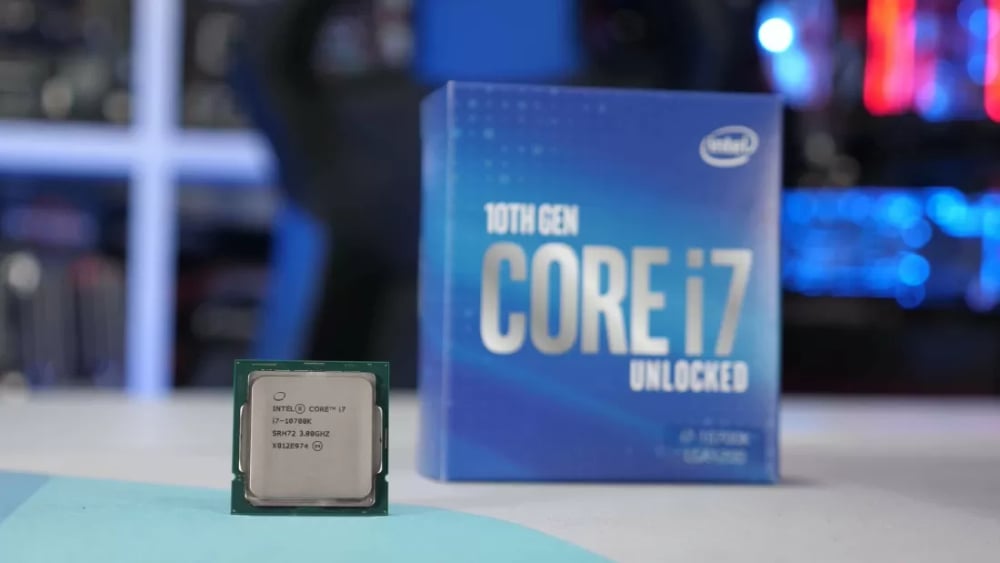
There is no way that 8th, 9th, 10th generation Intel CPUs are completely abandoned by Windows 11 24H2
However, Microsoft has confirmed that Windows 11 24H2 is not correct in dropping support for pre-11th generation Intel CPUs. According to the company, while Intel CPUs are no longer listed on the support list, this only affects OEMs and has no impact on consumers.
PC users with 8th, 9th and 10th generation Intel CPUs can rest assured
Microsoft claims the processors in the list simply meet the security, reliability, and minimum system requirements for Windows 11. The company also says OEMs can use these CPUs in new Windows 11 devices, as long as they use modern drivers that have passed the Windows hardware compatibility program.
At the same time, the related support document also makes it clear that the changes to the processor list do not affect Windows 11 24H2 support for customers. The list is only for OEMs to determine processors for new devices. Most new PCs from OEMs like Dell are equipped with the latest hardware, so these changes are not surprising. In fact, users of 8th, 9th, and 10th generation Intel CPUs still run Windows 11 24H2 perfectly without any problems.
It's worth noting, however, that while this change only applies to OEMs, Microsoft has faced controversy in the past regarding the requirements of Windows 11 for consumers. Earlier this month, the company updated its official support article to no longer mention any workarounds for bypassing hardware testing and installing the OS on unsupported PCs.
Source: https://thanhnien.vn/microsoft-tran-an-nguoi-dung-cpu-intel-the-he-thu-8-9-va-10-185250218233401126.htm








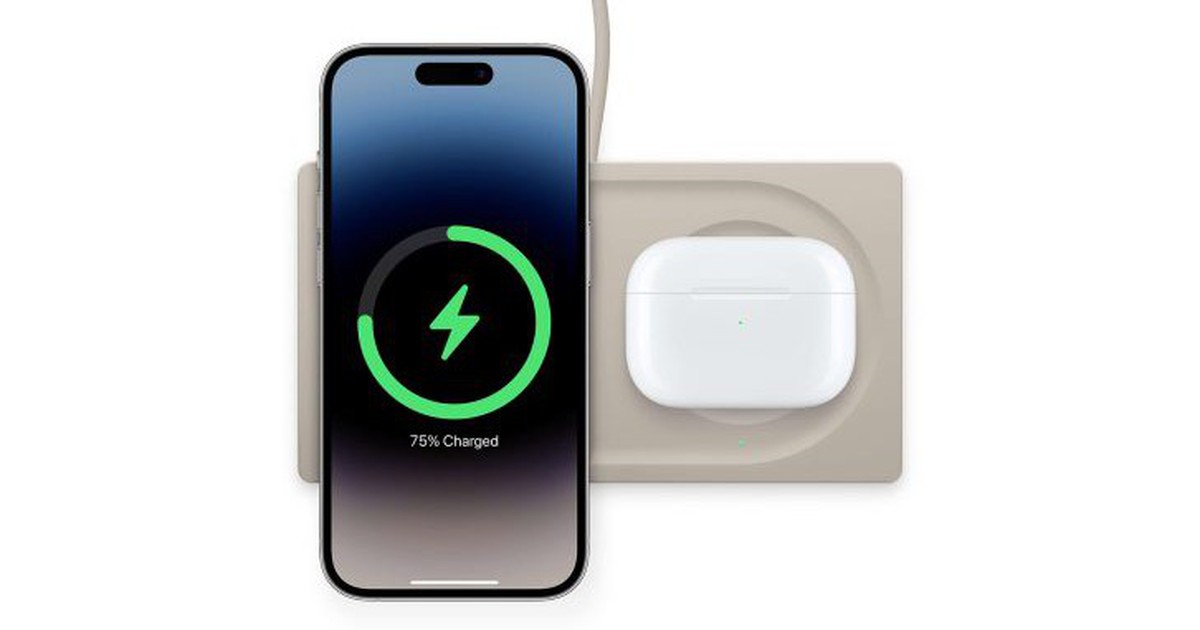




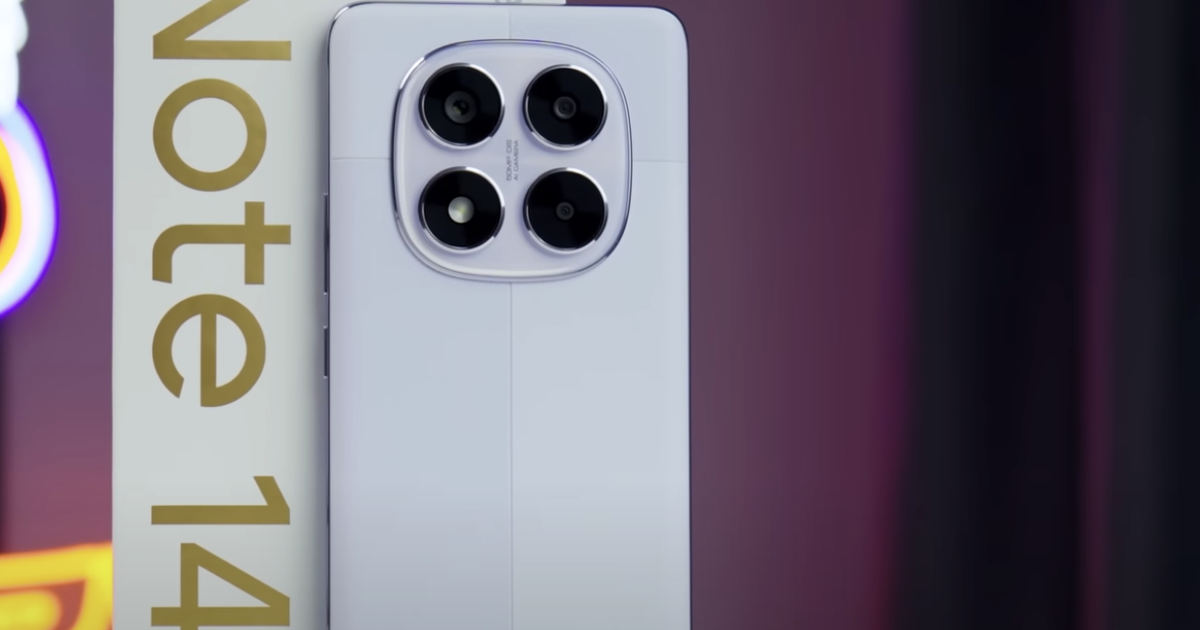



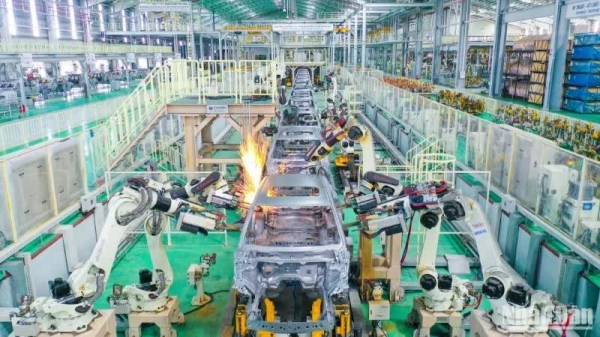

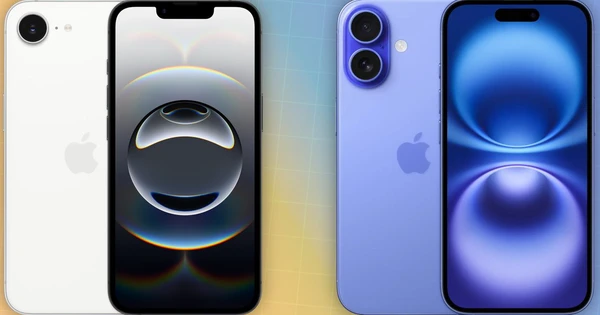











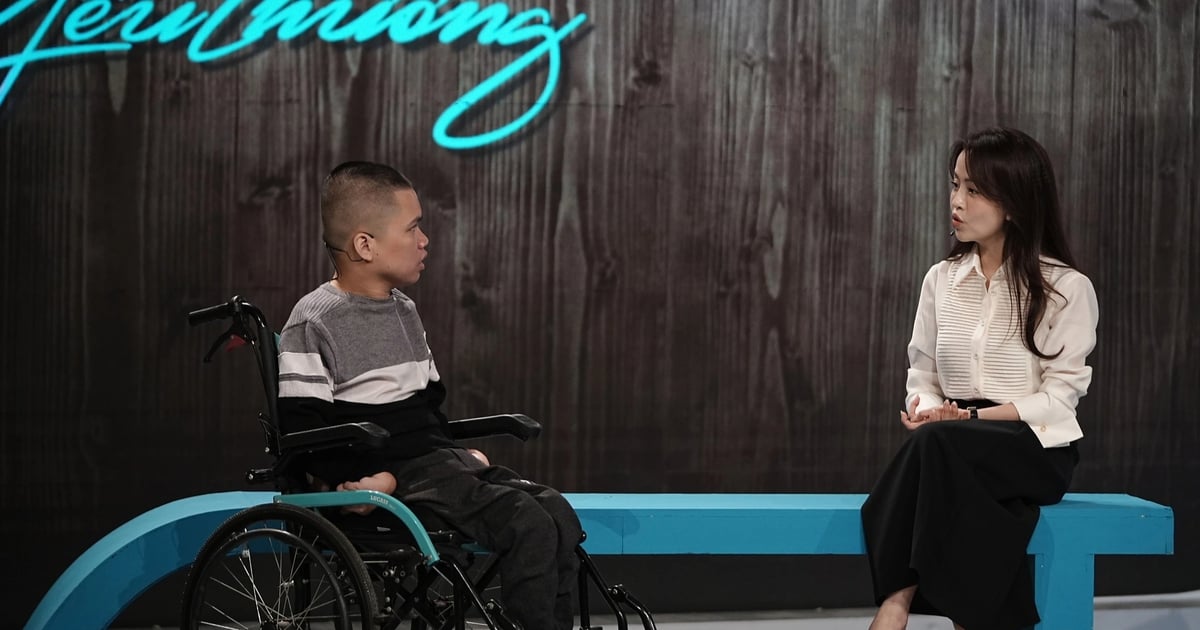




Comment (0)